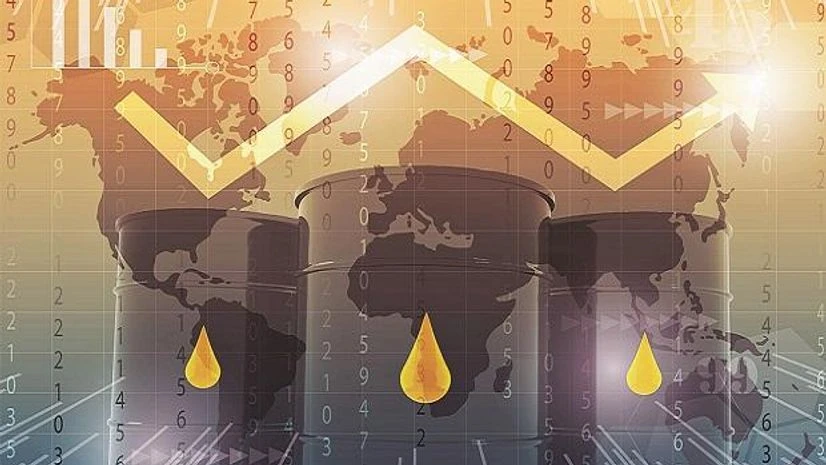Oil held around $72 a barrel on Wednesday, close to its lowest since August, as rising U.S. inventories and sanction waivers allowing Iran to keep exporting crude reinforced an outlook for ample supplies.
The American Petroleum Institute, an industry group, said on Tuesday U.S. crude stocks rose by 7.8 million barrels last week, more than analysts had forecast. The government's official supply report is due at 1530 GMT.
Brent crude, the global benchmark, slipped 7 cents to $72.06 a barrel by 0926 GMT. The contract hit $71.18 on Tuesday, the lowest since August 16.
U.S. crude fell 27 cents to $61.94.
"We are in a well-supplied market," said analyst Olivier Jakob of Petromatrix. "The waivers have been larger than expected by the market. At the same time, there is still pressure on Saudi Arabia to maintain high exports."
The United States reimposed sanctions against OPEC member Iran's oil exports on Monday. Having initially talked of cutting shipments to zero, Washington gave waivers to eight customers, allowing limited imports.
More From This Section
The prospect of higher-than-expected production from Iran comes as Saudi Arabia and other countries have been ramping up supply and as concern is growing about weaker demand due to a slowing global economy.
"The market continues to shift from worrying about tightening supplies to acknowledging upside supply risks and weakening demand growth," analysts at JBC Energy wrote in a report.
Iranian crude exports have fallen to 1 million barrels per day (bpd) in November from over 2.5 million bpd in April, according to Refinitiv Eikon data, although analysts expect supply to rise after November due to the waivers.
"Waivers are likely to be more extensive than the market expected," energy consultancy FGE said, estimating that waivers overall would allow 1.2 to 1.7 million bpd of exports.
Despite reduced Iranian supplies, OPEC production is rising and supply in October from the world's top three producers - Russia, the United States and Saudi Arabia - exceeded 33 million bpd for the first time.
In June, the Organization of the Petroleum Exporting Countries and non-OPEC allies relaxed a supply-limiting pact after pressure from U.S. President Donald Trump to cool prices and make up for losses from Iran.
(Only the headline and picture of this report may have been reworked by the Business Standard staff; the rest of the content is auto-generated from a syndicated feed.)

)
